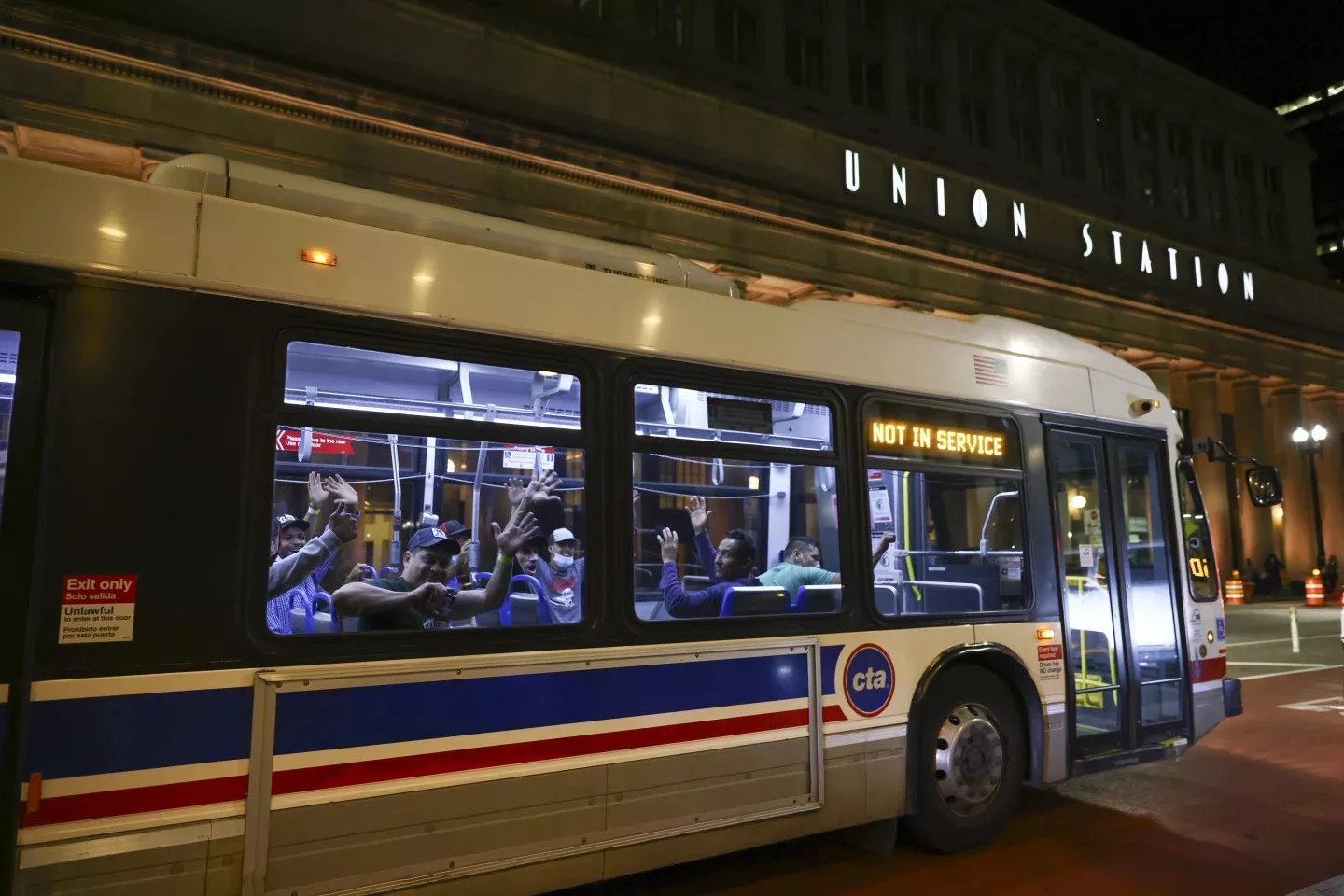
When asked if the state would consider a supplemental appropriation to cover costs for migrants, Gov. J.B. Pritzker says they will continue to use taxpayer funded programs already budgeted.
Chicago has seen 15,000 non-citizen arrivals sent to Chicago after crossing the U.S. southern border. The city and state have already spent hundreds of millions to care for the migrants.
On Thursday, Pritzker was asked how the state plans to keep funding available for the arrivals. Pritzker said while the state budget is balanced, they do not have any extra funds and have been forced to divert taxpayer funds from other programs.
“We have taken some of the programs that have pre-existed the crisis and adjusted them to help with the migrant crisis,” Pritzker said. “Let me give you one example, our rental assistance program. We have provided some of that rental assistance money, which wasn’t originally intended to be about asylum seekers for this challenge.”
State Rep. David Friess, R-Red Bud, told The Center Square that the plan to divert taxpayer funds intended for legal residents who need support is not the right move.
“I think it’s a horrible idea. We have citizens in this state that need that assistance. Obviously, that’s why this program is in place,” Friess said. “Unfortunately, our borders are wide open.”
State Rep. Brad Halbrook, R-Shelbyville, also pushed back on the use of rental assistance money to pay for the migrants and said this is a result of the state running out of options.
“The governor has been calling on the White House to take some action. He’s begun to call on other communities in the state and has offered up some $40 million, and I’m not sure where that is coming from,” Halbrook said.
Chicago Mayor Brandon Johnson, who has been pushing to pass a proposed tax increase on the sale of property over $1 million to address homelessness in the city, said the state needs to provide more assistance.
“I am going to continue to my part. I have expressed that the state has to do more. I have expressed that the federal government has to do more,” Johnson said. “That’s just where we are today.”
It’s anticipated city and taxpayer funds could cost more than $500 million to care for the incoming non-citizens.
By ANDREW HENSEL with the Illinois Radio Network
